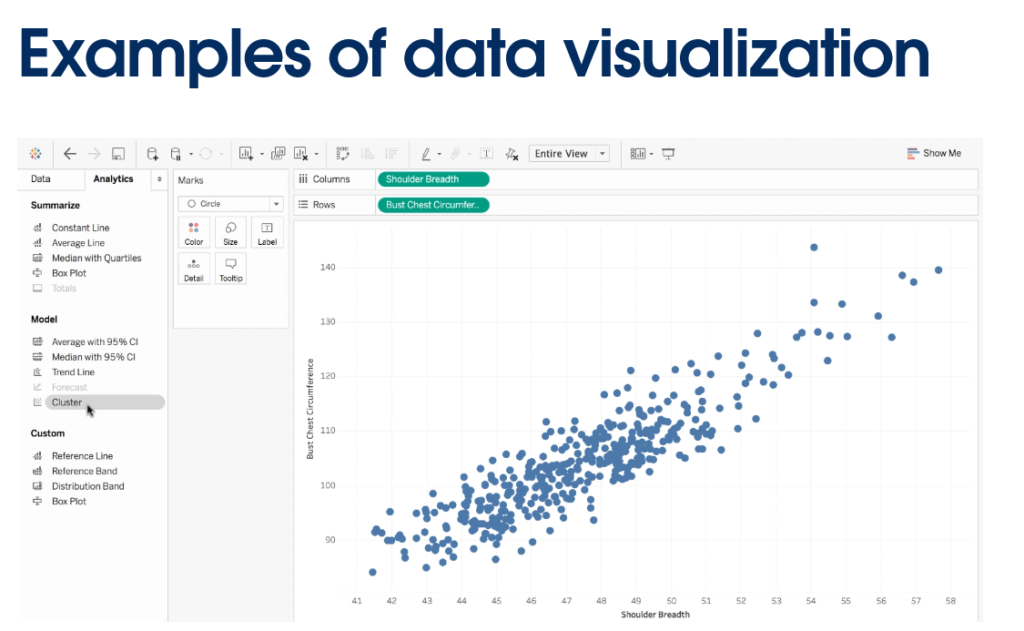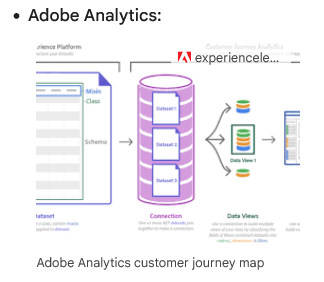In the ever-evolving landscape of marketing and advertising, the role of data-driven decision-making has become paramount. Now more than ever, companies are relying on Business Intelligence (BI) tools to extract valuable insights and make informed decisions for their media campaigns. When it comes to the intricacies of a media campaign, BI tools serve as the backbone, providing vital data analysis that shapes strategies and ensures campaign success.
The Significance of Business Intelligence in Media Campaigns
In the realm of media campaigns, Business Intelligence tools play a pivotal role in the following ways:
1. Data Aggregation and Analysis:
Business Intelligence tools amalgamate and analyze vast amounts of data collected from various sources. These tools offer a comprehensive view of consumer behavior, market trends, and competitor analysis, providing crucial insights to strategize and fine-tune media campaigns.
2. Targeted Audience Identification:
Understanding the audience is crucial for any media campaign. BI tools enable the segmentation of the target audience based on demographics, behavior, and preferences. This helps in crafting personalized and targeted campaigns, maximizing their effectiveness.
3. Real-time Monitoring and Reporting:
The ability to monitor campaigns in real-time is a game-changer. BI tools offer dashboards and reporting features that allow instant tracking of campaign performance. This helps in making quick adjustments and optimizations for better results.
Best BI Tools for Media Campaigns
Several BI tools stand out for their effectiveness in optimizing media campaigns:
1. Google Analytics:
Google Analytics remains a powerhouse for analyzing web traffic. It provides detailed insights into website visitors, their behavior, and the effectiveness of online campaigns. Though primarily website-oriented, it offers essential data for a holistic media campaign analysis.

2. Tableau:
Tableau is renowned for its user-friendly data visualization. It empowers users to create visually compelling reports and dashboards. It’s excellent for dissecting complex data, making it an invaluable tool for media campaign analysis and presenting data in an understandable format.

3. Microsoft Power BI:
With its integration capabilities and user-friendly interface, Power BI is a robust tool for analyzing data from various sources. Its ability to process large datasets efficiently makes it suitable for dissecting media campaign performance and generating actionable insights.

4. Adobe Analytics:
Adobe Analytics stands out for its prowess in analyzing customer interactions across various touchpoints. It’s highly useful for understanding user behavior and engagement, aiding in crafting more targeted and effective media campaigns.

Pros and Cons of Business Intelligence Tools in Media Campaigns
Pros:
- Informed Decision-Making: BI tools empower decision-makers with real-time, data-backed insights for campaign adjustments and optimizations.
- Improved ROI: By identifying effective channels and targeting strategies, BI tools contribute to maximizing Return on Investment (ROI) in media campaigns.
- Personalization: Tailoring campaigns based on detailed audience segmentation leads to more personalized and engaging content, resulting in higher conversion rates.
Cons:
- Complexity: Some BI tools can be complex to use, requiring training or expertise, which can be time-consuming.
- Cost: Implementation and maintenance of advanced BI tools may incur significant costs, especially for smaller businesses.
- Data Security Concerns: Managing sensitive data through BI tools might pose security risks if not handled appropriately, potentially leading to data breaches.
The role of Business Intelligence tools in media campaigns is undeniably crucial. These tools revolutionize the way data is analyzed, interpreted, and utilized in the development and execution of marketing strategies. They not only offer insights into customer behavior but also enable organizations to adapt and fine-tune their campaigns for maximum impact.
While each BI tool has its strengths and weaknesses, their collective aim is to facilitate data-driven decision-making, improve campaign performance, and ultimately, drive success in the highly competitive landscape of media campaigns. Embracing the power of BI tools is key to staying ahead in an increasingly data-centric marketing world, ensuring more effective and efficient media campaign strategies.
